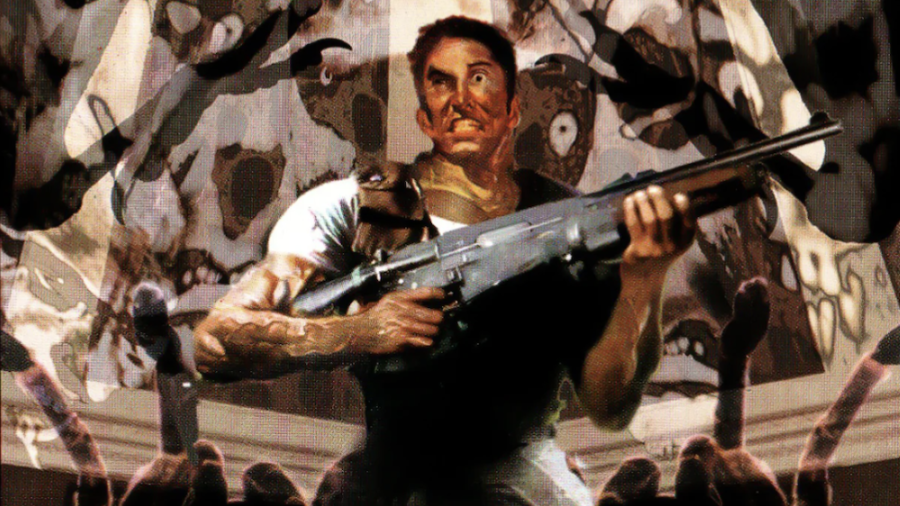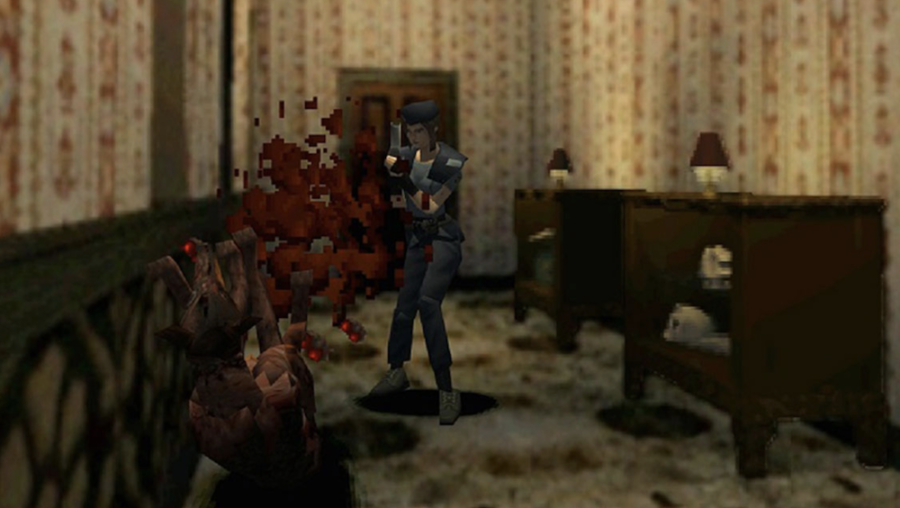Resident Evil Gets Incredible HD Remaster

As we’ve stated on multiple occasions, the gaming industry has entered an era of remakes, remasters, and a seemingly endless number of Assassin’s Creed releases. This isn’t necessarily bad; some classic games are great in ways in which some modern hits just can’t compare, and on that point, a group of fans took it upon themselves to remaster the original Resident Evil, a project aptly named Resident Evil HD.
The original Resident Evil video game is getting an incredible HD remaster to bring the graphics more in line with the present day.
According to PCGamesN, the original 1996’s Resident Evil is getting a fresh new look with HD upscaling via machine learning. The upscaling used in this project touches upon the backgrounds and models of Spencer Mansion.
But the AI workhorse behind the project apparently isn’t without mistakes since the team still hasn’t managed to replace all of the original assets. For the time being it’s important to stress out that the Resident Evil HD project is developing at a nice consistent pace.
1996’s Resident Evil is getting a fresh new look with HD
This is actually pretty exciting. The original Resident Evil is a masterpiece of gaming; it’s still hailed for its artistic direction, brilliant ideas, and actually birthing the survival horror genre. But truth be told, its graphics haven’t aged gracefully—which is typical for all gaming releases associated with the fifth-generation of consoles or the original PlayStation era.

Fortunately, thanks to the massive advents of AI and machine learning, most of the assets from the original game are now done using automated technology, rather than upscaling all the artwork for the Resident Evil HD manually.
This cuts down on “development” time for the project, but the process isn’t without faults since neural network upscaling isn’t magic. The upscaling algorithm has its own issues when it comes to processing dark areas, and Resident Evil games aren’t really known for their bright and colorful environments.
Small text is also an issue, as it often appears distorted and utterly illegible. Thus, all assets that can’t be processed by machine learning are done manually by team members, which ultimately slows the Resident Evil HD remastering process down.
The Resident Evil UI, in-game screens and models, and some visual effects, were upscaled to stay true to the original version.
More straightforward assets, such as the UI, in-game screens and models, and some visual effects, were upscaled to stay true to the original version. Furthermore, the team behind the Resident Evil HD remaster made an excellent decision to analyze the game data and match the textures from the PC port version to those of a GameCube version of Resident Evil which was released in 2002.
This, combined with the AI upscaling and texture recreation, ensures that the Resident Evil HD gets the upscaling treatment it so rightfully deserves.
Remaking Resident Evil HD using AI and machine learning is a rare occasion in which the use of these technologies is generally approved, as it’s used to upscale existing art instead of creating entirely new artwork for the game. The latter, due to the nature of said technologies, is often viewed as plagiarism and copyright infringement by both gaming companies and gamers themselves.
The most notable and recent example of this arose a few weeks back when Valve started deleting games that use AI content.












